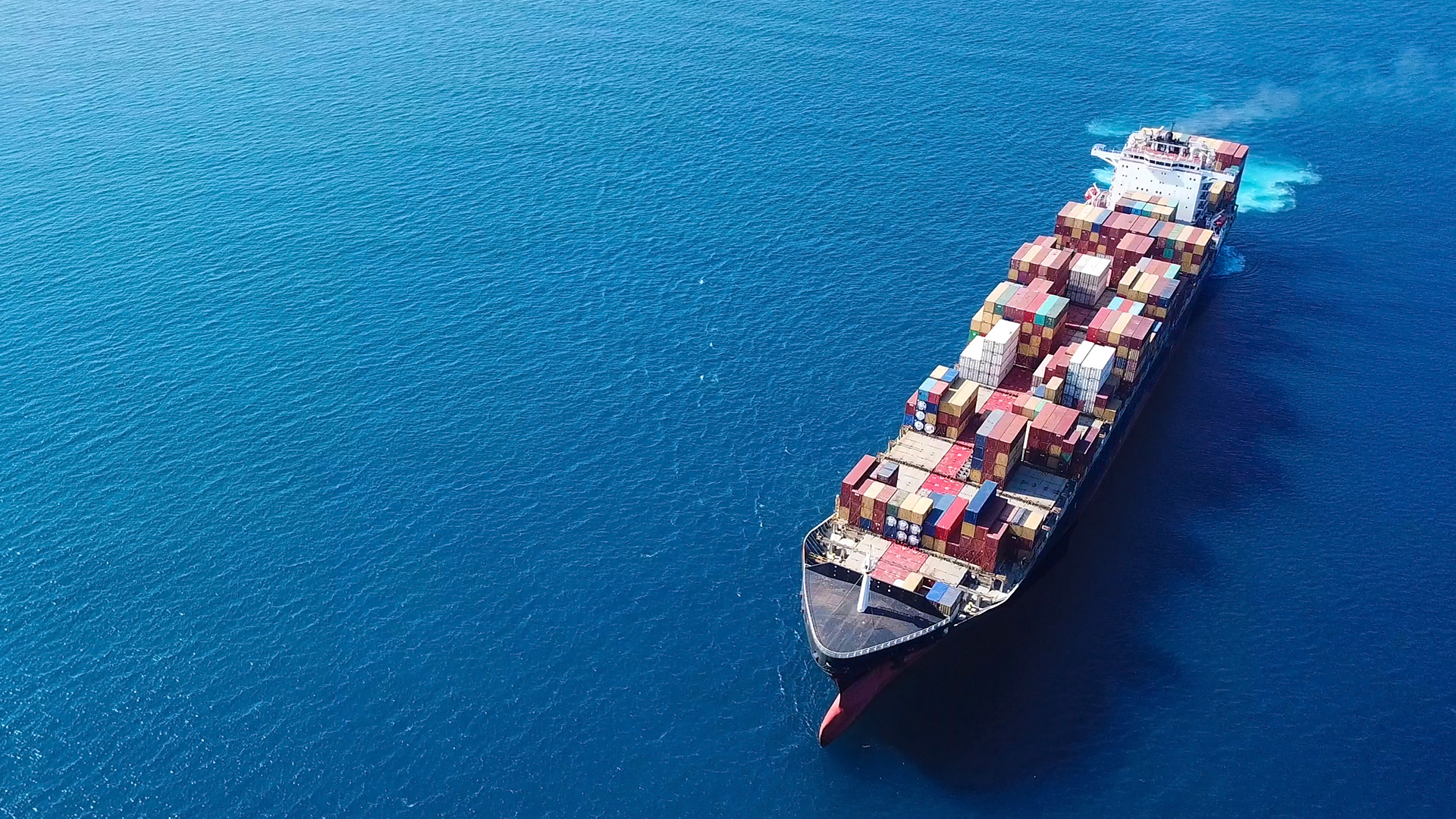
Publication
Trademark tussles just got spicier: Canada now offers costs awards
Costs awards in trademark opposition proceedings have been long anticipated in Canada.


Global | Publication | July 2021
This case, involving a dispute over a damaged shipment of frozen seafood onboard MV Frio Dolphin, confirms that there are some circumstances where a non party to a contract may be liable to pay equitable compensation should it fail to comply with the contractual dispute resolution clause from which it derives its right to sue.
There were two Claimants in this case: (1) the consignee of the frozen seafood, Argos Pereira España S.l., and (2) Generali España S.A., the cargo insurer. The Defendant was the vessel owner, Athenian Marine Ltd. The case also involved a third party, Lavinia Corporation, which was the charterer and vessel owner’s manager.
Under the Bills of Lading issued by the vessel owner, the cargo damage dispute should have been referred to London arbitration. However, the cargo insurer wrongly brought court proceedings in Spain against a third party, Lavinia Corporation, on the mistaken assumption that Lavinia was the carrier. Lavinia was in fact the vessel owner’s manager and the charterer of the vessel.
Lavinia successfully challenged the Spanish court’s jurisdiction over the dispute but was awarded only part of its costs, leaving it with in excess of £130,000 in unrecovered legal costs.
Consequently, the vessel owner sought to recover these unrecovered legal costs incurred by its manager Lavinia in London arbitration proceedings based on the doctrine of transferred loss. The arbitrator found in favour of the vessel owner and awarded judgment for the legal costs which Lavinia did not recover in Spain. However, the cargo insurer and consignee appealed the decision.
The two main questions for the Commercial Court were:
The court agreed with the arbitrator and found that the vessel owner could bring a claim for equitable compensation in response to the cargo insurer’s failure to pursue its case in accordance with the agreed arbitration clause.
The judge found the owner’s submissions powerful and persuasive and held that equitable compensation should be available for the cargo insurer’s breach of the obligation to arbitrate in accordance with the London arbitration clause.
Furthermore, if there was no entitlement to claim equitable compensation, there could be a risk of abuse as a party to a contract could, in theory, assign its rights to a related company that could then sue in the non-contractually agreed forum without the risk of having to pay compensation. As such, the lack of this remedy could encourage impermissible forum shopping.
Also, the court took into account the fact that the other remedies for enforcing a jurisdiction clause, such as an anti-suit injunction or declaration, may not be available or have any effect. Equitable compensation may be available irrespective of and in addition to those other remedies.
The court also found that the vessel owner was entitled to claim the costs not recovered by Lavinia in the Spanish proceedings on the basis of the transferred loss principle.
In considering the transferred loss principle, the judge referred to the case of Swynson Ltd v Lowick Rose LLP [2018] AC 313 which establishes that "the principle of transferred loss is a limited exception to the general rule that a claimant can recover only loss which he has himself suffered. It applies where the known object of a transaction is to benefit a third-party or a class of persons to which the third-party belongs, and the anticipated effect of a breach of duty will be to cause loss to that third party." In addition, the principle can only operate to prevent a “legal black hole” in which the party who has suffered the loss would otherwise not be able to recover its losses.
The Arbitrator had already determined that the arbitration agreement extended to Lavinia and it was not open to the parties to challenge that finding of the Arbitrator.
The judge held that the ‘known object’ of the arbitration clause was to benefit Lavinia, a closely related company to the vessel owner.
In terms of whether, without the owner’s claim, there would be a ‘black hole’, the question here was whether denying compensation to the owner would leave Lavinia without any way to recover its losses. Although the Court considered the possibility that Lavinia may have been entitled to damages under s. 50 of the Senior Courts Act 1981 in lieu of an injunction, the judge noted the uncertainty as to whether s. 50 damages could have been granted and ultimately found no error in the arbitrator’s application of the transferred loss principle.
The Court therefore dismissed the appeal, deciding that the owner was entitled to claim all Lavinia’s irrecoverable costs of the Spanish proceedings, as awarded by the arbitrator.
This case demonstrates the dangers of pursing claims outside of the agreed jurisdiction clause and clarifies that contractual arbitration agreements cannot be circumvented by third parties who derive the right to sue from the same contract. Failing to comply with the contractual jurisdiction clause risks potential liability to pay compensation and this relief is in addition to existing remedies.
The Court’s decision is, therefore, significant as it provides the additional remedy of monetary compensation for parties who agree to English Court jurisdiction or London arbitration yet are faced with foreign proceedings. This is particularly valuable where an injunction may (for whatever reason) not be available or appropriate.
The decision also highlights the application of the “transferred loss” principle which may assist group companies in recovering wasted costs if no other remedy is available.

Publication
Costs awards in trademark opposition proceedings have been long anticipated in Canada.
Subscribe and stay up to date with the latest legal news, information and events . . .
© Norton Rose Fulbright LLP 2025